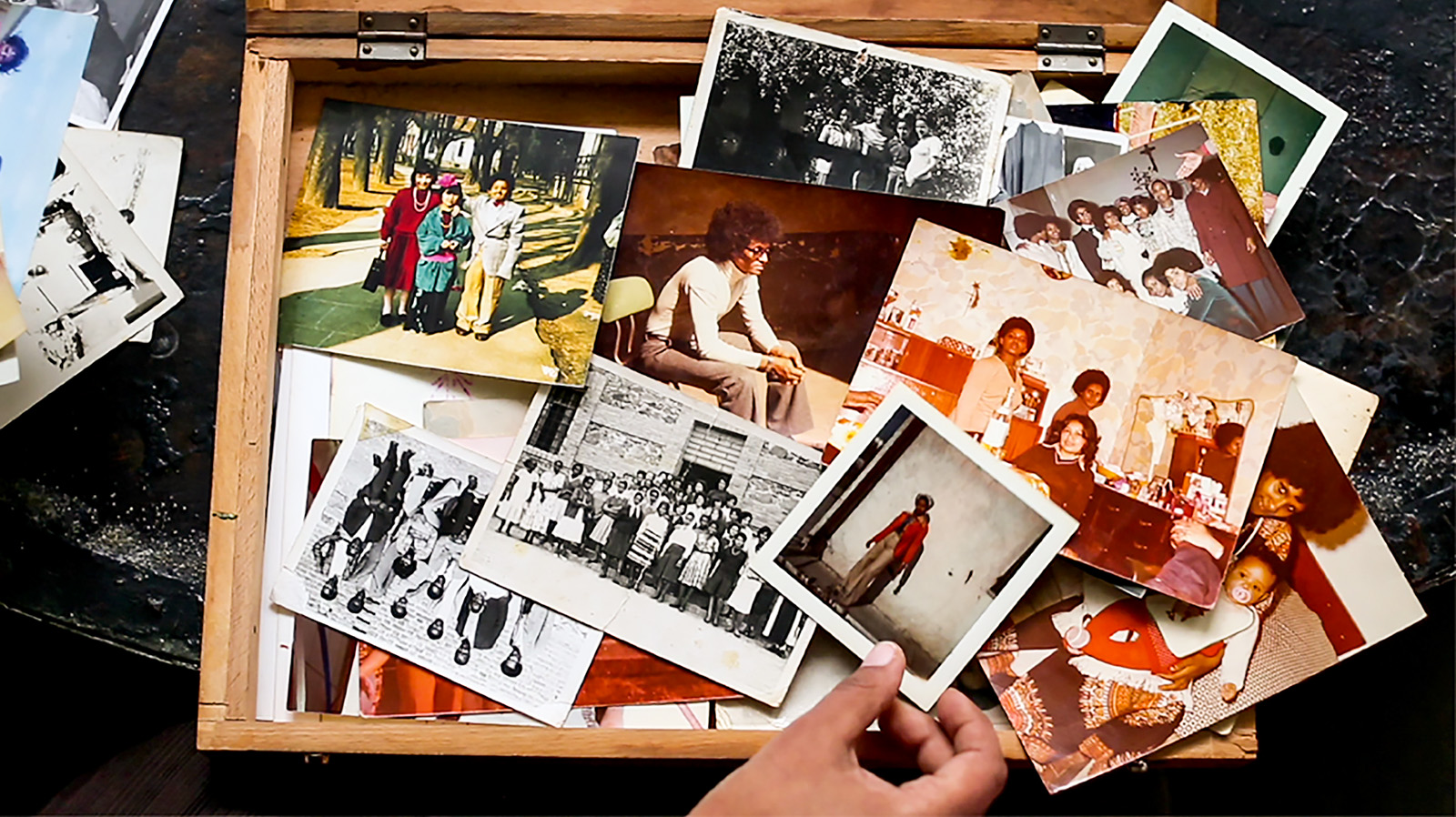Conference to shed light on experiences of African migrants in Italy

The conference “Italy and the Geopolitics of Migration: Aesthetic Approaches” will feature screenings of documentaries and fictional films about migrant experiences in Italy. “Asmarina,” a documentary created by Medhin Paolos, is one of the films being screened. (Courtesy of Shelleen Greene)
Italy and the Geopolitics of Migration: Aesthetic Approaches
Melnitz Hall 1422
Thursday 9:15 AM - 11:45 AM
Free
By Cameron Vernali
Oct. 2, 2018 11:13 p.m.
Organizers of a conference about migration issues in Italy ran into a potential problem: They were afraid one of the speakers would be denied entry by American border patrol agents for visiting Iran years prior.
The conference, “Italy and the Geopolitics of Migration: Aesthetic Approaches,” will take place Thursday in Melnitz Hall for the first half of the day and Royce Hall in the afternoon. An additional screening of Medhin Paolos’ “Asmarina” and a Q&A will be held in Melnitz on Sunday. The event is a collective effort of multiple departments on campus, including the Italian, African American studies, and film, television and digital media departments.
The conference features art focusing on the migrant experience created by migrants living in Italy. Dominic Thomas, chair of the UCLA French and Francophone studies department, said he hopes to humanize migrants living in Italy by sharing their stories in the cinema and literature presented at the conference.
“What we think in organizing this conference is (to show) the number of filmmakers and authors of fiction that have concentrated on this particular issue,” Thomas said.
Two filmmakers, among other panelists, will attend the event: Documentary filmmaker Paolos will host a Q&A after the screening of her film “Asmarina,” while Andrea Segre’s “The Order of Things” will be shown later in the day. “Asmarina” features Eritrean and Ethiopian communities in Milan, while “The Order of Things” focuses on the politics and challenges of the Libyan and Sicilian border relationship.
The current political climate in Italy and its relation to immigration over time has sparked different views of the situation, expressed creatively in this event. Many African migrants first reach Italy, as it is one of the closest European nations to the continent, said Italian professor and event organizer Thomas Harrison. The rise of a heavily anti-immigration right-wing party called the League wants to not only deny new immigrants but also deport established migrants who lack a paper trail, Harrison said.
Migrants, Thomas said, are often talked about in statistical forms but rarely discussed individually as a way to understand them on a personal level. With the power film and literature possess to bring these people to life, Thomas hopes the media screened at the conference will humanize migrants and change how people approach the topic.
Shelleen Greene, an associate professor of cinema and media studies in the School of Television, Film and Theater, also had a background in Italian cinema before she joined the conference. She was especially excited to bring “Asmarina” to campus since it shows how Eritrean and Ethiopian communities have been present in Italy for decades and have mixed in with Italian culture over time. This intermingling of cultures presents a new look at migrants and how they affect Italy as a whole. Immigration is more than just recent news stories – it’s an integral part of Italy’s history, she said.
“What these two films really do is that they give us very complex visions of migration in and through Italy, especially African migration,” Greene said.
Greene thought “The Order of Things” was powerful because it did not overly simplify the migrant struggle; instead, it showed how multisided the migrant issue is when taking large private institutions and the military into consideration, she said.
“At its core, (migrants) are trapped, not only by the sea, but by these institutions that have various interests,” Greene said.
Besides the content of the films, the variety of film forms expands people’s views of migrants, Thomas said. Having documentaries adds a factual basis to the information discussed at the conference, while fiction films play upon one’s imagination. Documentaries help people learn the hard facts about the struggles of migrants that can allow outsiders to relate more to their stories than what’s expressed on television, he said.
“It’s both documenting and telling a story and also providing some kind of imagination, some kind of vision for the future that goes against a horrible language of the state that reduces people to statistics,” Thomas said.


